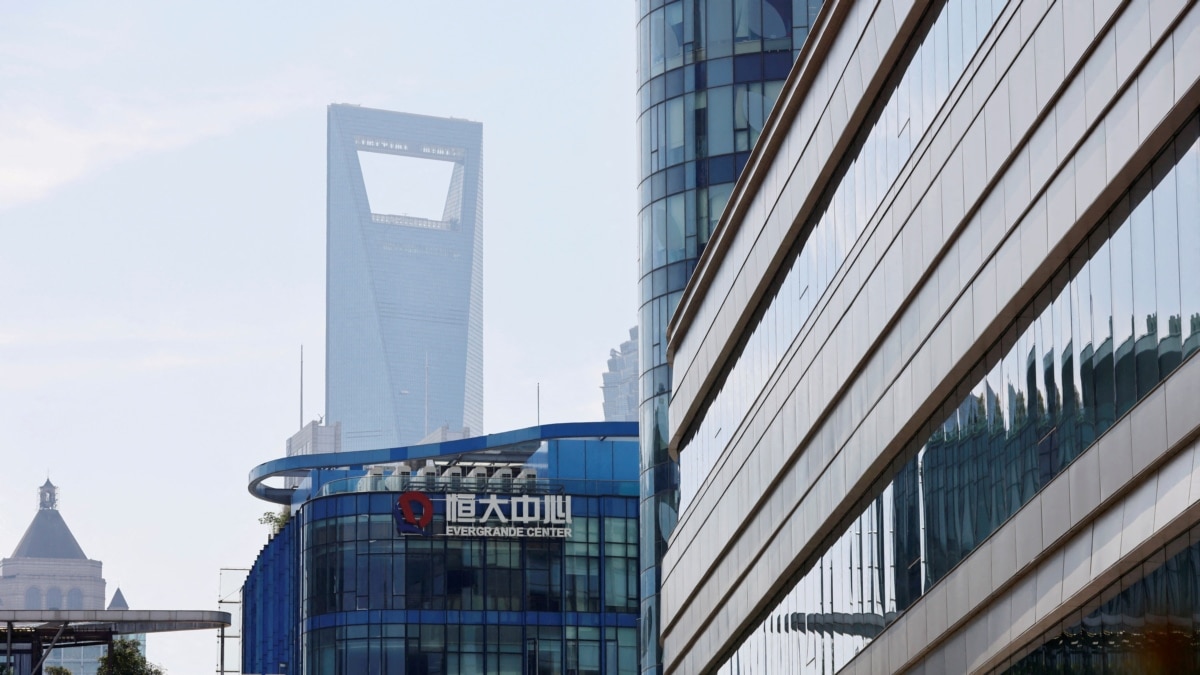
Economist Andy Xie: China's Way of Handling Property Bubble Might Not Be What Many People Expect
['property', 'government', 'people', 'money', 'developer']
For years, China's property market has been a bubble, fueled by growing middle-class wealth, demand for housing in cities, a preference for investing in property rather than stocks, and easy credit for eager developers who use their connections with local gov…
Economist Andy Xie: China's Way of Handling Property Bubble Might Not Be What Many People Expect
For years, China's property market has been a bubble, fueled by growing middle-class wealth, demand for housing in cities, a preference for investing in property rather than stocks, and easy credit for eager developers who use their connections with local governments to buy up land to develop into housing. The property bubble burst in late 2021 when China Evergrande Group, one of the country's biggest property developers, defaulted on debt which rose to $340 billion by the end of last year. President Xi Jinping is unlikely to follow the example of previous administrations, which pumped money "Like crazy" into the sector accounting for about 30% of the world's second-largest economy during the last big property market downturn in 2008, according to Shanghai-based economist Andy Xie, Morgan Stanley's former chief Asia-Pacific economist. If you don't and you keep printing money, people will have a lot of money and they will pour it into the property market. The way the property developers thought was, if you bring me down, I bring you down. Xie: Chinese people prefer the property market over the stock market. Xie: A lot of rich people are bitching because they made their money in property, not in the productive economy, so a lot of rich people are not really productive people.